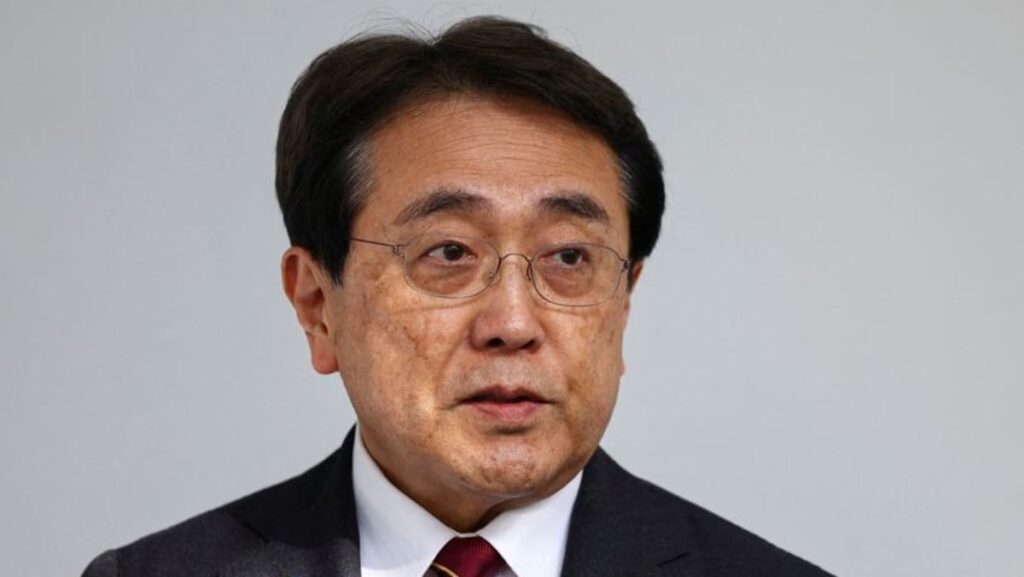TOKYO: Japan had made some progress in a fifth round of trade talks with United States officials aimed at ending tariffs that are hurting Japan’s economy, Tokyo’s chief tariff negotiator said.
“Tariffs have already been imposed on autos, auto parts, steel and aluminum, and some of them have doubled to 50 per cent along with 10 per cent general tariff. These are causing daily losses to Japan’s economy,” Ryosei Akazawa, said in Washington on Friday (June 6) after talks with officials, including Treasury Secretary Scott Bessent and Commerce Secretary Howard Lutnick.
Akazawa, a minister in charge of economic revitalisation, declined to say what progress they had made.
The latest round of talks may be the last in-person meeting between senior Japanese and US officials before the Group of Seven (G7) leaders summit that starts on June 15, where US President Donald Trump is expected to meet Japanese Prime Minister Shigeru Ishiba.
Japan also faces a 24 per cent tariff rate starting in July unless it can negotiate a deal with Washington.
“We want an agreement as soon as possible. The G7 summit is on our radar, and if our leaders meet, we want to show what progress has been made,” Akazawa said.
“Still we must balance urgency with a need to guard our national interests,” he added.
Last month Japan’s trade negotiator said US defence equipment purchases, shipbuilding technology collaboration, a revision of automobile import standards and an increase in agricultural imports could be bargaining chips in tariff talks.
In a bid to reach an agreement with the US, Japan is also proposing a mechanism to reduce the auto tariff rate based on how much countries contribute to the US auto industry, the Asahi newspaper reported on Friday.
Akazawa said Japan’s position has not changed and that the tariffs are not acceptable.
In a statement on Friday after Akazawa’s near two-hour meeting with Lutnick, Japan’s Foreign Ministry said that the Japanese minister had “once again strongly urged a reconsideration of the series of tariff measures by the US”.
“Both sides reaffirmed each other’s positions regarding US tariff measures, and had a concrete discussion on expanding trade, non-tariff measures, and cooperation on economic security among others,” the ministry added.
“They concurred to vigorously continue coordination with the aim of reaching a mutually beneficial agreement.”

